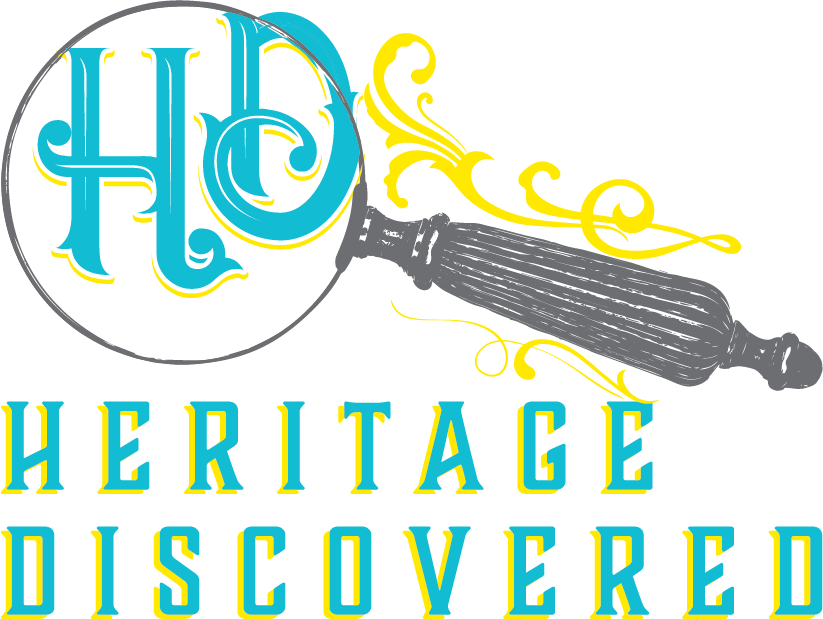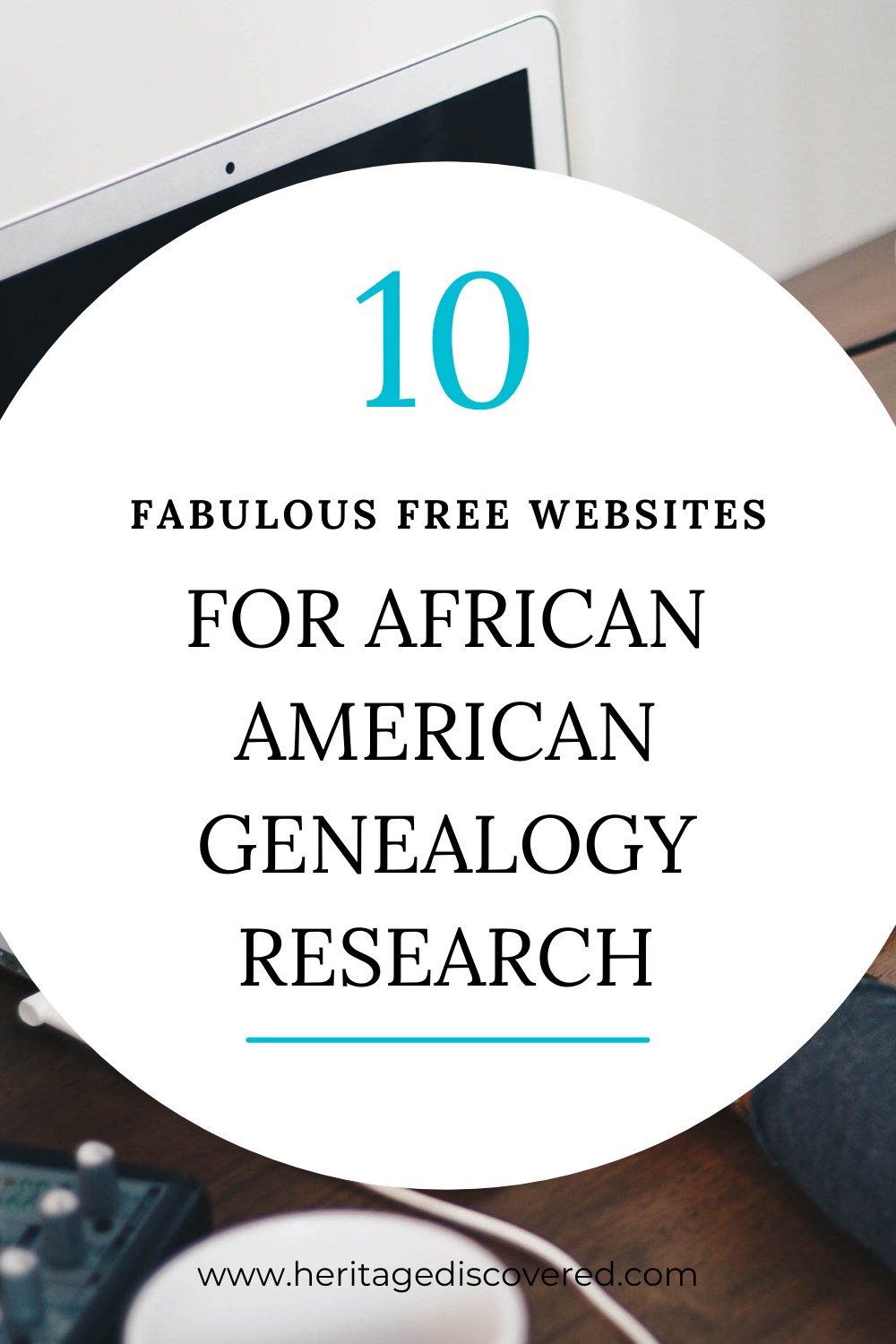10 Black Genealogy Resources You Need To Know
There’s nearly 48 million Black people in the US today, about 15% of the population. Unfortunately, Black genealogy research can be a real challenge, especially for finding family before the 1870 census, the first census to name many Black people for the first time.
Researching African American ancestors, whether freed or formerly enslaved, can be time consuming, but it is possible. Fortunately, more resources are coming online as records get digitized to help you build your family tree.
10 Resources for Black Genealogy
Before getting started, it may be helpful to create a timeline of your ancestor’s life to see exactly where they were at which time. This will help to identify which resources to prioritize searching first.
The Freedmen’s Bureau
The Freedmen’s Bureau, created in 1865 to help former slaves and poorer whites transition after the Civil War, oversaw services like providing jobs and legal representation, operating hospitals, and giving out food and clothes. During its seven years, the bureau created a lot of records, such as marriage and hospital records, labor contracts, and relief rolls. The microfilmed records are available through the National Archives, and The Freedmen’s Bureau Project has indexed thousands of documents and made them available on FamilySearch.
The International African American Museum
The International African American Museum shares digital collections such as obituaries, funeral programs, and United States Colored Troops pension files.
Slave era insurance policies
Slave era insurance policies document insurance coverage for slaveholders. They can be searched by both slave and slaveholder name, and there’s images of the policy documents.
Chronicling America
The Library of Congress’ Chronicling America has digitized many African American newspapers from across the country.
Enoch Pratt Free Library
The Enoch Pratt Free Library has African American funeral programs and slave documents, mostly of Marylanders.
Free African Americans of Virginia, North Carolina, South Carolina, Maryland and Delaware
Free African Americans of Virginia, North Carolina, South Carolina, Maryland and Delaware has resources on free African Americans in the Southeast during the colonial period.
Low Country Africana
For those with roots in South Carolina, Florida, or Georgia, Low Country Africana offers resources like plantation records and voter registrations.
Unknown No Longer
Unknown No Longer is a database of Virginia Slave Names with biographical details from unpublished manuscripts at the Virginia Historical Society. There are records for both free and enslaved people.
FamilySearch
FamilySearch has several collections helpful to African American genealogy, including Records for African American cemeteries in Georgia and Kentucky, Livingston County, colored school censuses, 1898-1913.
Ancestry
Ancestry also has helpful collections such as the Philadelphia 1847 African American Census, Alabama Voter Registration records, and Washington DC Slave Emancipation Records.
I hope you find these resources for African American genealogy research helpful! Please share any other sources you have used!



